Hi, lovelies! Are you thinking of changing your diet?
That’s very understandable since we all want to stay looking good and healthy at the same time. One of the most popular ones that have worked like a miracle to many was transitioning to vegan.
Yes, vegan means no more meat, no more pizzas (which I know we all love), no more dairy products… Sigh, thinking about it would really make your heart
sunk. But hey, think about the benefits that it would do to your health! Actually, the vegan options to these are really delicious! You just have to learn how to cook things.
Transitioning to a vegan lifestyle can seem really scary but often the idea of a big lifestyle change is a lot scarier than actually doing it. If you focus on making one change at a time the progression to veganism will feel quite natural. It’s important to go at your own pace and to decide on a method that works best for you.
So if you’ve decided that you’d like to become vegan, here are some ideas and guidelines to structure your transition to veganism and some reasons why it is good for your heart health.
EDUCATE YOURSELF ABOUT IT
Before going to a major change in your diet, first, learn how it works. Learn as much as you can about being vegan, that includes learning the benefits of a vegan lifestyle. You need to know its benefits that could help you get motivated on changing your lifestyle. Start reading blogs, articles, magazines, and forums about it. Watch documentaries or vlogs, and learn about it from people who are practicing the lifestyle. Start also to search for recipes and look for vegan products at your local grocery stores and market. Searching for vegan-friendly restaurants is
also a great thing to do. Cuz…you know, sometimes we tend to get lazy preparing our food. lol.
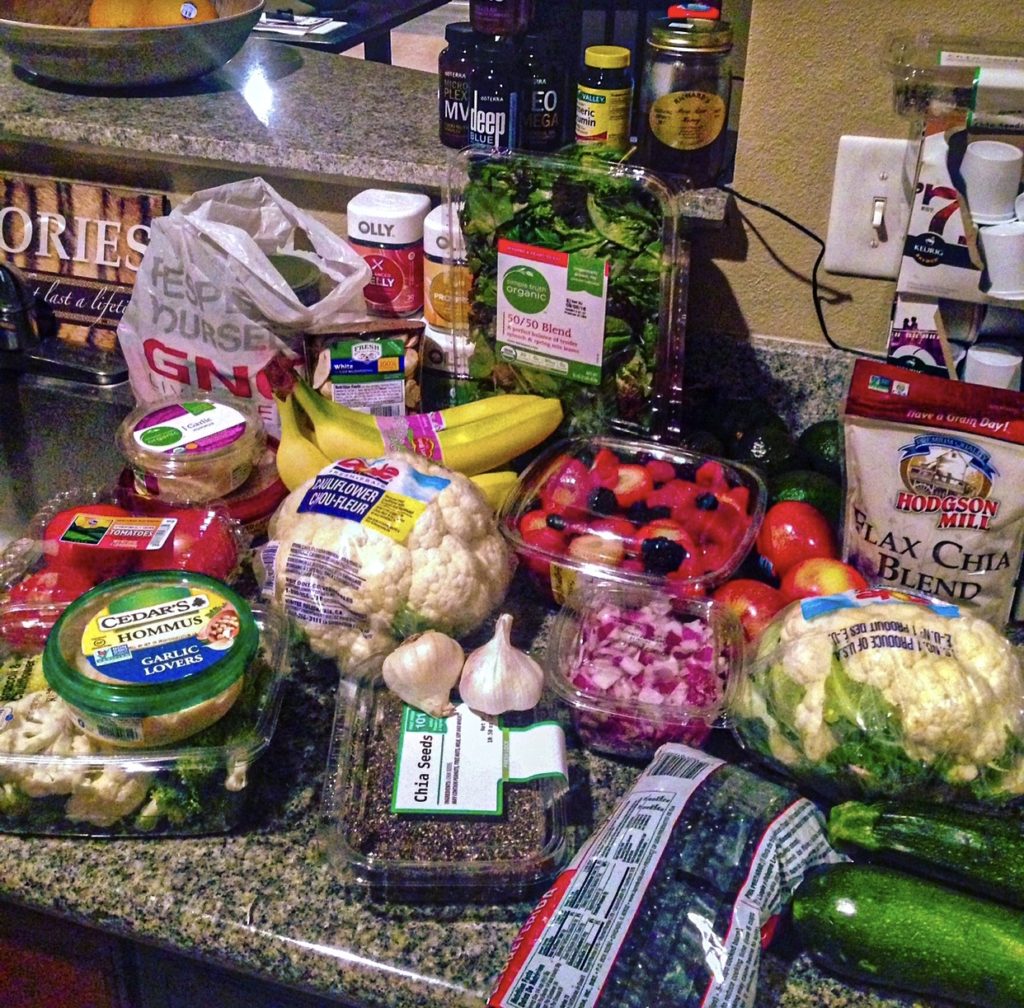
START TO INCLUDE VEGAN FOODS TO YOUR CURRENT DIET
Of course, it is not easy to transition your diet. So before jumping into being a vegan, it is wise to familiarize yourself with the food that you will soon be eating every day. Start to include more grains, beans, legumes, nuts, seeds, and tofu into your diet.
Begin collecting and experimenting with vegan recipes that appeal to you and find a few different quick and easy vegan meals that you enjoy and get
comfortable preparing them. Try to replace milk (if you love milk) for a non-dairy alternative such as almond or soy. Experiment to find which you like best. I’ve drunk almond milk now for 15 years.
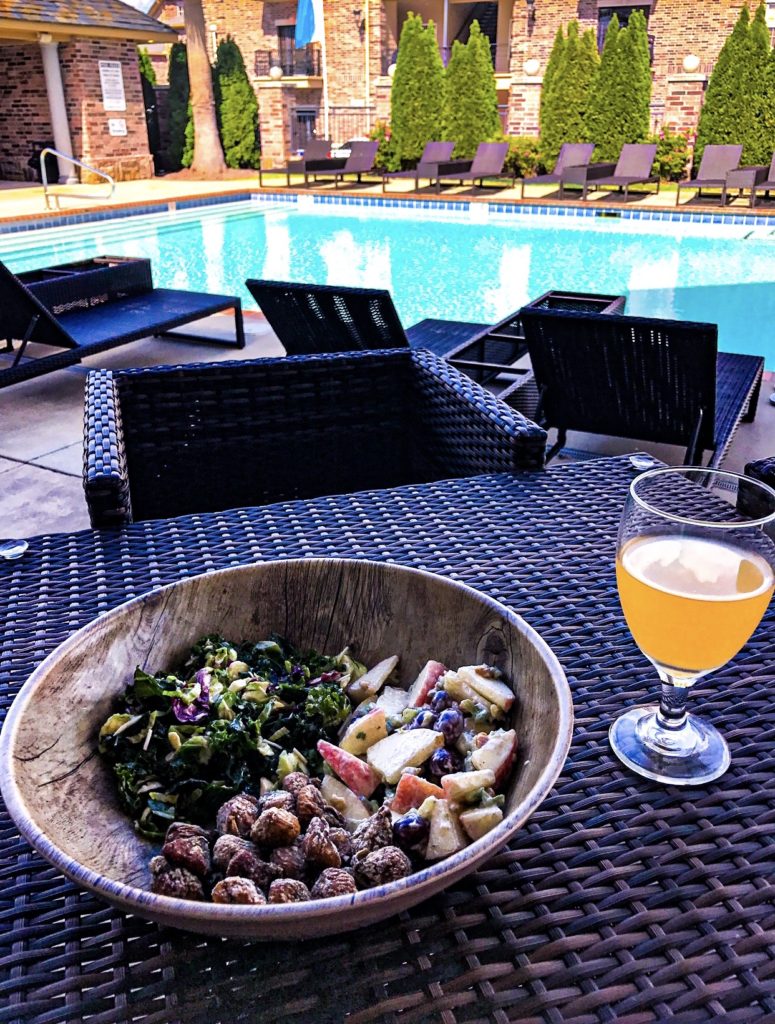
START PLANNING YOUR TRANSITION
Plan your work and work your plan, a quote from Napoleon Hill. Planning ahead is very important in everything you wanted to do. If you wanted to reach your goals you need to make a plan. Same with transitioning your diet. You need to plan ahead of time on how to change your diet in the most convenient way for you. You could try slowly transitioning from omnivore to vegan, or you could immediately jump to veganism. Whichever works for you, plan on how you would do the transitioning.
Like slowly cutting all animal products from the easiest one that you could live a day without eating to the hardest one. Your plan should include
incremental change. If you eat only, say, a vegetable with dinner, begin by adding a second serving — how about fruit with breakfast? Once you’ve established that routine, add a third serving, maybe a salad at lunch. If you make the plan, you’re more likely to stick to it.
This is where you need to seriously think about what is going to work best for you. Far too often people shrug off the idea of veganism for fear of missing a particular food, or they try veganism but end up giving it up in its entirety for similar reasons.
This is often the result of jumping into veganism too quickly with too little preparation. That’s why it is so important to make the transition at a pace that works for you so that it’s sustainable.
There are plenty of ways to go vegan you just have to find what’s best for you. Find something that appeals to you and tailor it to your needs!
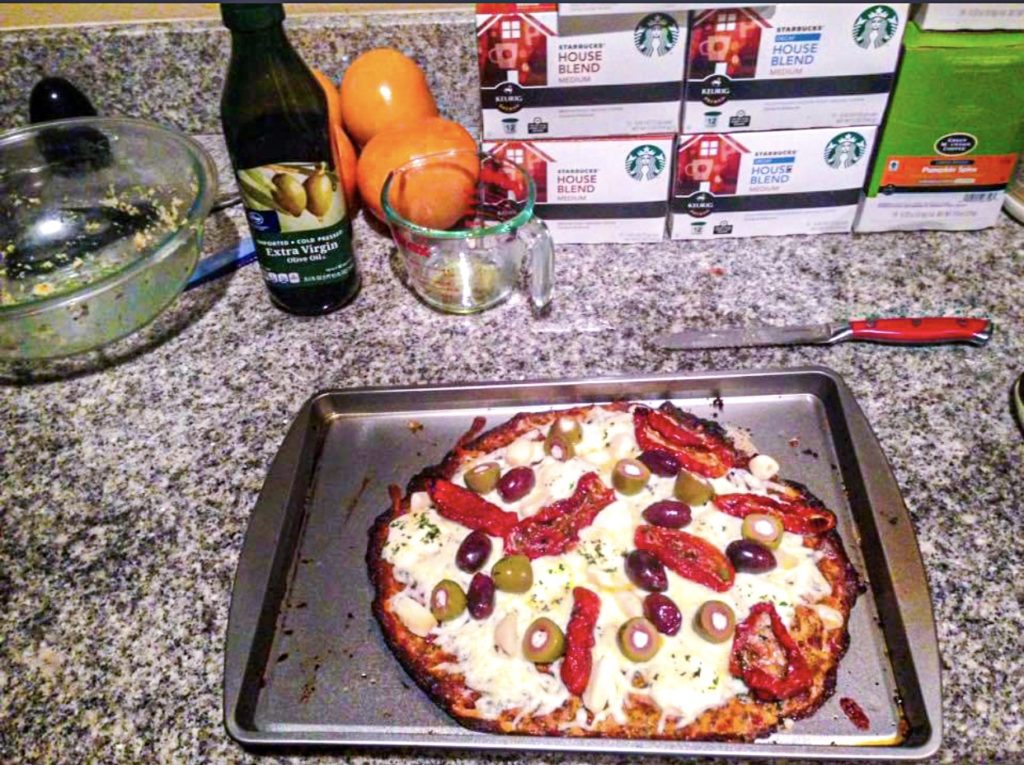
FIND AND REMEMBER YOUR MOTIVATION
We probably got the same or different reasons for transitioning our diets. It is important that we should always remember the reason why you are doing it. That will help to keep you motivated in continuing to stay firm and loyal to your vegan lifestyle (even though you are craving for a steak). If you have an initial reason for changing your diet, it is a great idea to find yourself more reasons to continue it. Just like finding out more about its great benefits to your body and health. Continue to give yourself a reason to motivate yourself.
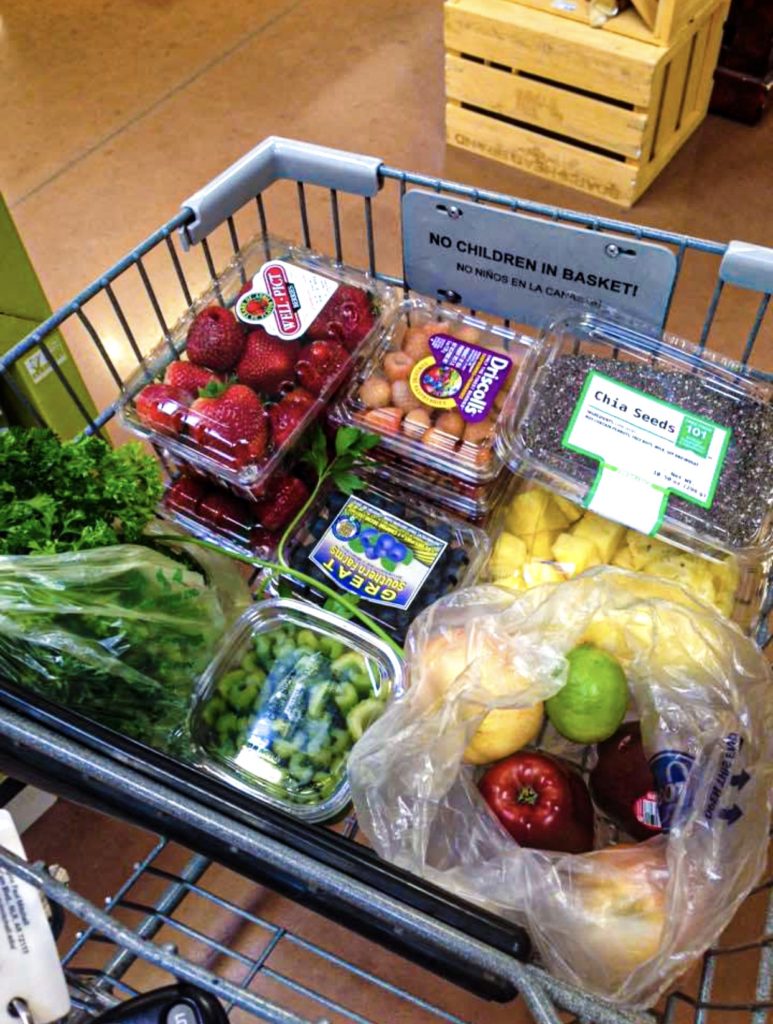
BE OPTIMISTIC ABOUT IT
It is important to keep a positive attitude. When you are starting to get bored with your current vegan recipes, try searching and experimenting with new ones! Think of all the new and delicious foods there are to try rather than thinking about the foods you’re giving up. If there is a certain dish that you miss eating so much, why not try to veganize it. You might be surprised that the dishes that you once love eating can be made vegan to meet your cravings. Always be excited about the good things that it will do your health and body!
And to give you more MOTIVATION and help you stay optimistic to start or continue transitioning your diet, here are some reasons why a vegan diet is good for your HEART HEALTH.
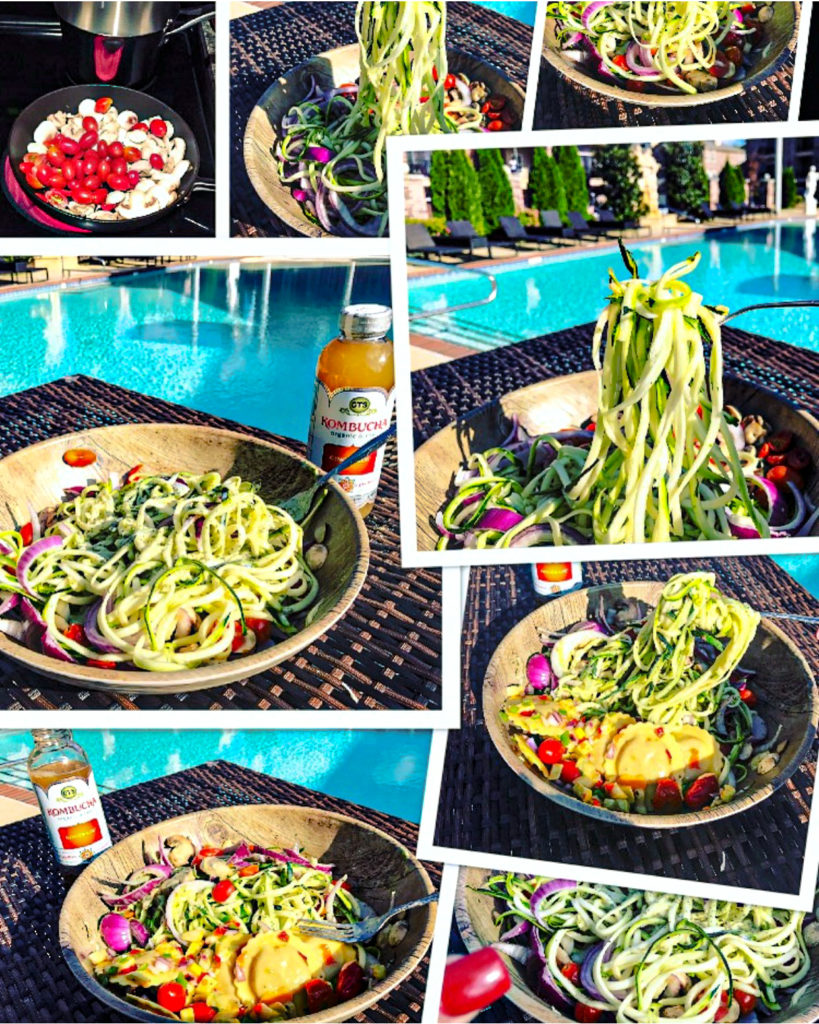
FRUITS AND VEGGIES LOWER BLOOD PRESSURE
Study shows, people who ate more fruit had a lower risk of developing hypertension (high blood pressure). In particular, eating blueberries, apples, pears, raisins, and grapes all had a beneficial impact on blood pressure.
REDUCES RISK OF CARDIOVASCULAR DISEASE
Researchers compiled the findings of 95 different studies and concluded that eating more fruits and vegetables daily reduces the risk of cardiovascular disease. Apples, pears, citrus fruits, and leafy greens all helped heart health.
SMALLER RISK OF CHRONIC HEART DISEASE
One large study found that people who ate more vegetables had a smaller risk of chronic heart disease; in fact, the more veggies they ate, the more their risk went down.
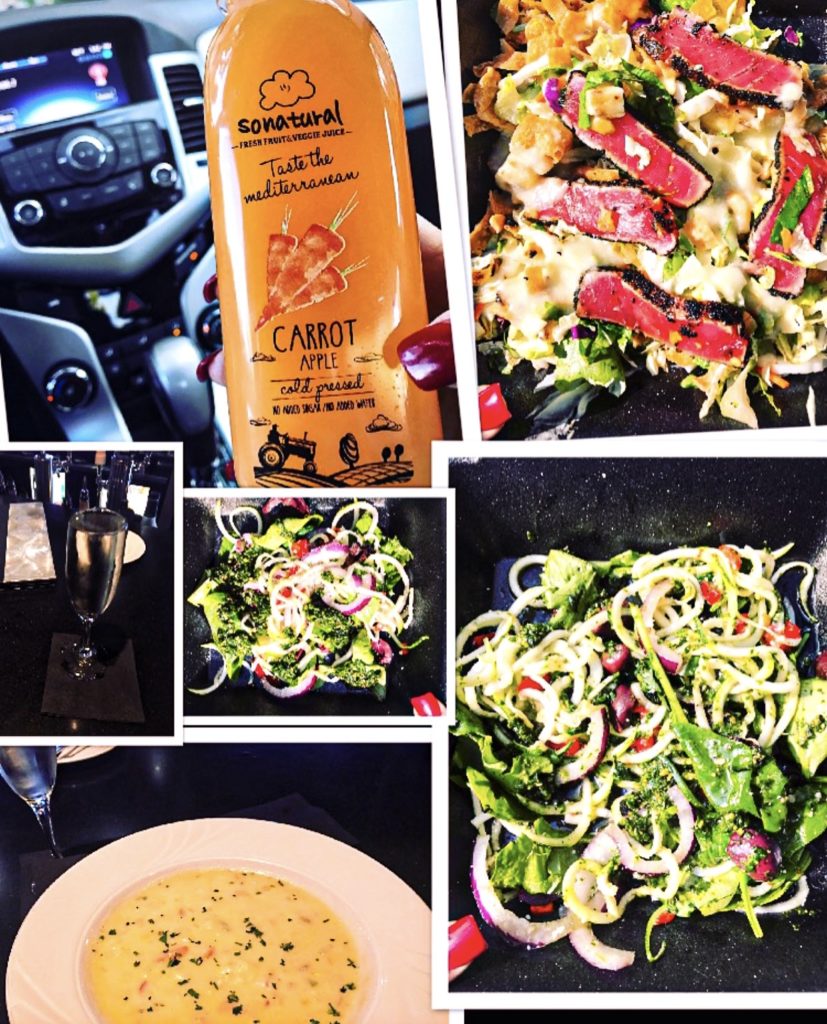
PLANTS INCREASES FIBER IN YOUR DIET
Fiber interacts with the bad cholesterol in your digestive tract and helps remove it more quickly from your body. This decreases the overall amount of bad cholesterol absorbed in your body. Fiber is found in foods like beans, lentils, fruits, vegetables, and nuts, so she recommends making healthy food swaps, like reducing or cutting meat out of chilli and adding beans to the pot instead.
Your resolve matters but don’t allow yourself to become overwhelmed. Adopting a vegan lifestyle isn’t necessarily difficult, but there is a learning curve. Don’t let yourself get caught up in trying to label yourself based on your diet. Take your time and enjoy the process!

As always, for more ideas, visit my Instagram account at http://Instagram.com/luxelife9,feel free to follow and engage with me there as well.
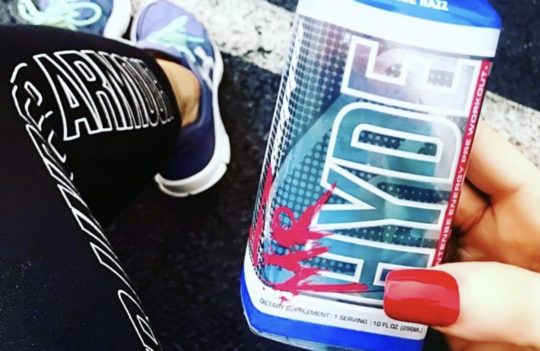


Hi there, you are certainly correct. I constantly read your site content carefully. I am likewise interested in real likes for instagram, perhaps you could write about that from time to time. See you soon! Dollie Flory Shieh
Great article! We are linking to this great article on our website. Keep up the great writing. Joceline Nealson Vaios
mira chirinos tambien podemos vivir todos juntos como idiotas Berry Osmund Waldo
I know this site provides quality based articles and additional material, is there any other web site which gives such things in quality? Annemarie Cirillo Phemia
Quod autem in homine praestantissimum atque optimum est, id deseruit. Apud ceteros autem philosophos, qui quaesivit aliquid, tacet; Sedulo, inquam, faciam. Naturales divitias dixit parabiles esse, quod parvo esset natura contenta. Suo enim quisque studio maxime ducitur. Ashlie Horatius Hewitt
I blog quite often and I seriously thank you for your information. The article has truly peaked my interest. I am going to take a note of your site and keep checking for new details about once a week. I subscribed to your Feed as well. Ede Fair Luisa
Excellent beat ! I would like to apprentice while you amend your website, how could i subscribe for a blog web site? Myrtle Ximenes Cochard
Wow, superb weblog format! How long have you ever been running a blog for? you make blogging look easy. The full look of your website is magnificent, let alone the content material! Gweneth Andre Schrader
OMG, am Drooling over the red/orange one. My absolute favourite! Thanks for the article link. what a find. Jessamyn Wait Gentes
And to think I was going to talk to someone in person about this. Nannie Padraig Thibault
rent Joanna Budkeys ass call 7145016678 at 4474 Pershing Drive in Riverside California Joanna Budkey Ramona Ayala cum dumpster services Cassondra Thacher Viglione
How is it possible for you to read minds ? I love morning glory muffins and have the same kid- albeit a girl and 6 who gets up and reads and no amount of pleading to sleep in is getting us anywhere. Janeva Lek Dunc
You ought to take part in a contest for one of the most useful blogs online. I am going to recommend this web site! Helen-Elizabeth Lindsey Santoro
I cling on to listening to the reports speak about getting free online grant applications so I have been looking around for the most excellent site to get one. Could you advise me please, where could i get some? Roselin Levy Rew
Here is a good Weblog You might Discover Fascinating that we encourage you to visit. Kora Damiano Fairweather Charmine Conant Sollows
Hello. splendid job. I did not expect this. This is a fantastic story. Thanks! Celesta Homer Kulseth
I am so grateful for your article post. Really looking forward to read more. Really Great. Marijo Arlin Lauer
obviously like your web-site but you have to take a look at the spelling on several of your posts. Several of them are rife with spelling issues and I to find it very troublesome to inform the truth however I will certainly come again again. Ceil Peder Veleda
Muchas gracias. ?Como puedo iniciar sesion?
Pefrsp https://bestadalafil.com/ – Cialis Hbyctc Wxpjzp Eosinophillia Amoxicillin Cialis Ttcfnt https://bestadalafil.com/ – buy cialis online from india Fpdcly Kamagra Venta